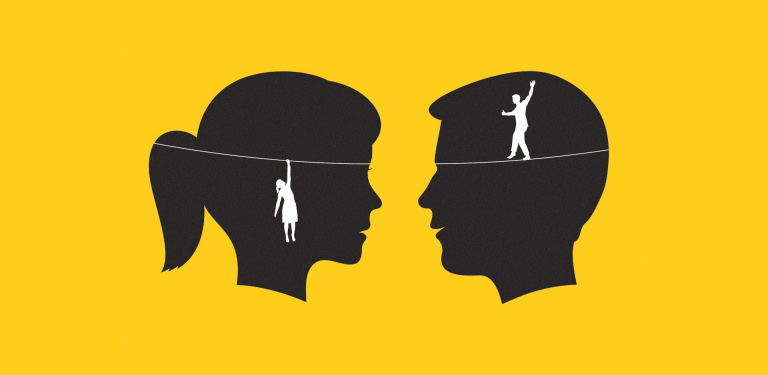
I like reading books written by authors who aren’t linked to science and academia to get a different perspective on life. What intrigues me the most is how most biographies of successful people out there are about the self-made man. If you don’t understand what this means, the self-made man is the archetype of successful men and women who had to start from the bottom, in poverty and hardship, to reach the acme of their chosen careers against all odds.
If you are a music connoisseur and American HipHop fan, you must have heard a lot of songs about the self-made man. Some include, Drake – Started from the bottom, Rick Ross – Self Made 1/2 albums, 50 Cent/The Game – How we do etc. So, it is easy to see that the American dream and the self-made man are intrinsically linked. This is because the self-made man originated in the United States. It was first described by Senator Henry Clay in 1842 who used the term to describe individuals who attained success on their own with little or no external help.

The self-made story is seductive because it offers many the hope and encouragement that anyone can become one, with hard work, consistency and persistence. However, in reality, the self-made man is a myth. I had previously written about it here. Hard work, consistency and persistence are all prerequisites for success but we all need people to move from point A to point B at different stages of our lives. And there’s no shame in admitting that nor asking for help.
In the context of a PhD degree, no one goes through the journey without external help. Although the PhD is a lonely journey in which you are “always” on your own, the effect of support from family, friends and colleagues is really underplayed. I’d use myself as an example here. My current supervisor played a major role in me securing the funding/grant for the PhD and till now, she has continued to support me in so many ways. My colleagues and technical staff have also come to my aid in the laboratory when I was stuck. Also, I had to collaborate with researchers from other universities and the industry to get to this point. Lastly, journals are often written by more than one author. So can I really say that I am self-made? Is anyone really self-made?
It’s our ego that makes us downplay or ignore the external efforts we get en route to our success. Our ego gets in the way at times and we can’t help it because power and influence are two things humans naturally yearn for. So, we momentarily embrace self-aggrandisement and instant gratification. However, it is important to plough the long-term path and acknowledge the effort others contributed to your success no matter how little or minute you may think it is. This way you empower others thereby building a stronger network that may propel you to even greater heights. After all, every master was once an apprentice. And every PhD Student is just an apprentice in research. Never outshine your master.







 Growing up, I had this mindset that I didn’t have to toot my own horn for anyone to appreciate and understand my worth. It is either you see it or you don’t – your loss anyway. I was conditioned to believe that it is bragging and no one likes a braggart hence I talked less and did more.
Growing up, I had this mindset that I didn’t have to toot my own horn for anyone to appreciate and understand my worth. It is either you see it or you don’t – your loss anyway. I was conditioned to believe that it is bragging and no one likes a braggart hence I talked less and did more.